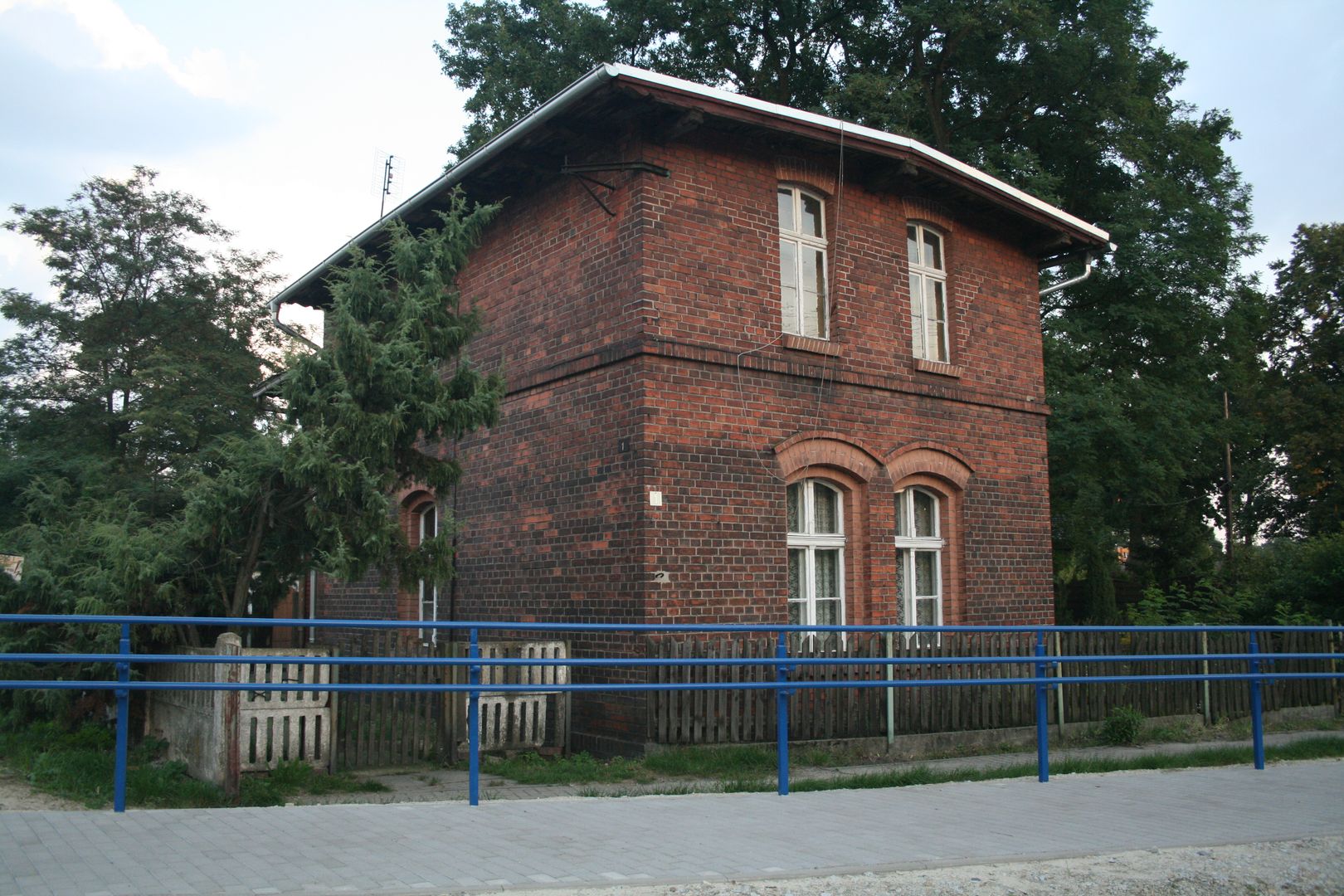Dry Forest
6.67

Overview
Suchy Bór is a village in the Opole Voivodeship, located on the Opole Plain, near the eastern border of Opole. The settlement was founded in 1773 as part of the Prussian colonization campaign, when settlers from various parts of Europe arrived. The village has the character of a linear settlement with uniform architecture of wooden cottages, which originally had shingle or thatched roofs. The main street was named in honor of Antoni Pawleta, a local printer and activist. Suchy Bór also has a parish church built between 1981 and 1982, and the first school was established in 1774 but closed in 1895. The village played an important role during the Upper Silesia plebiscite, with a dominant number of votes in favor of Germany. The area of Suchy Bór is covered by numerous forests, which are home to rare species of plants and animals, including the swallowtail butterfly and the corn crake. The village's coat of arms features a pit-saw and crosses, referencing the clearing of the forest for the new settlement. In terms of infrastructure, Suchy Bór is well-equipped, with water, energy, telephone, and sewage networks. The village has a sawmill and other small businesses. The Training and Recreation Center with a summer swimming pool attracts tourists, offering various attractions, including the longest water slide in the region. Suchy Bór is also part of the local network of bicycle routes, making it an attractive destination for active recreation enthusiasts.
Location
2026 Wizytor | All Rights Reserved